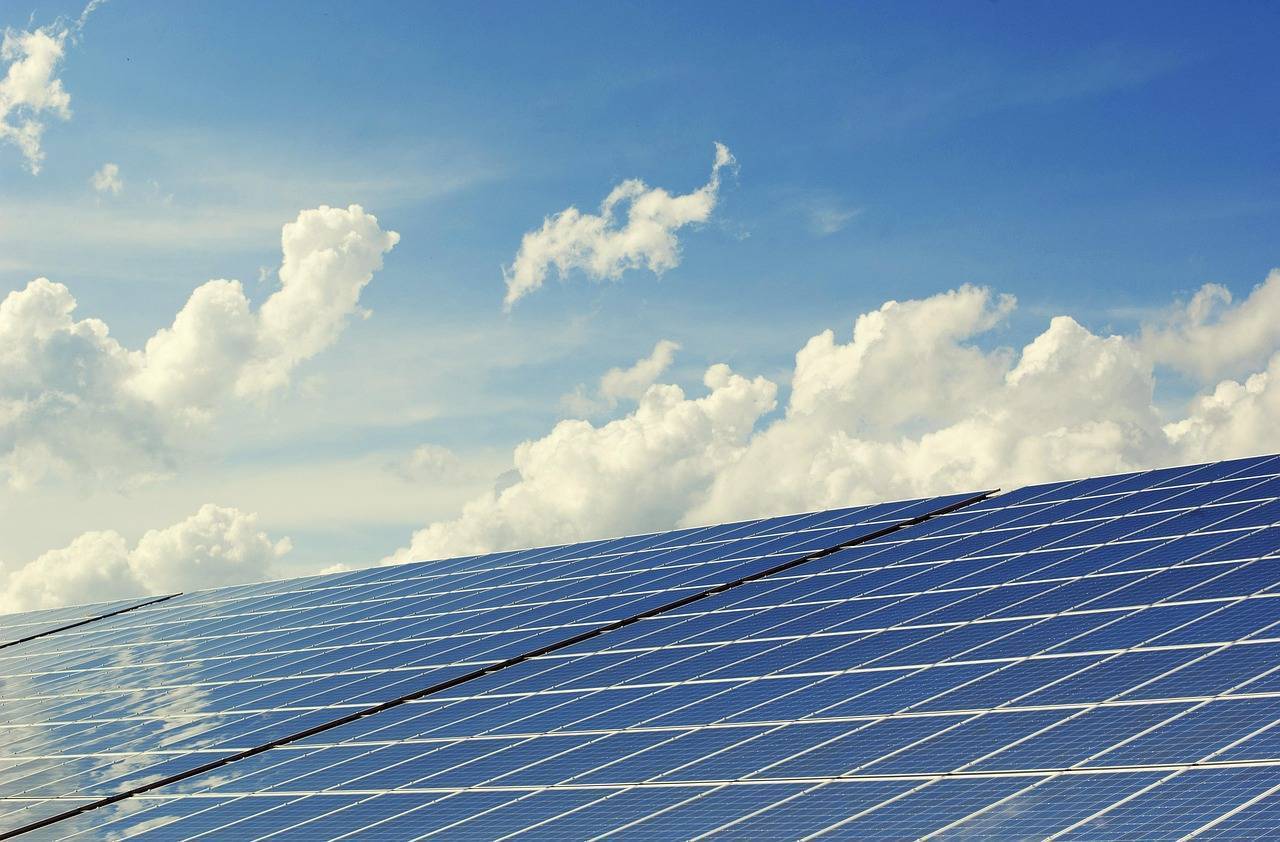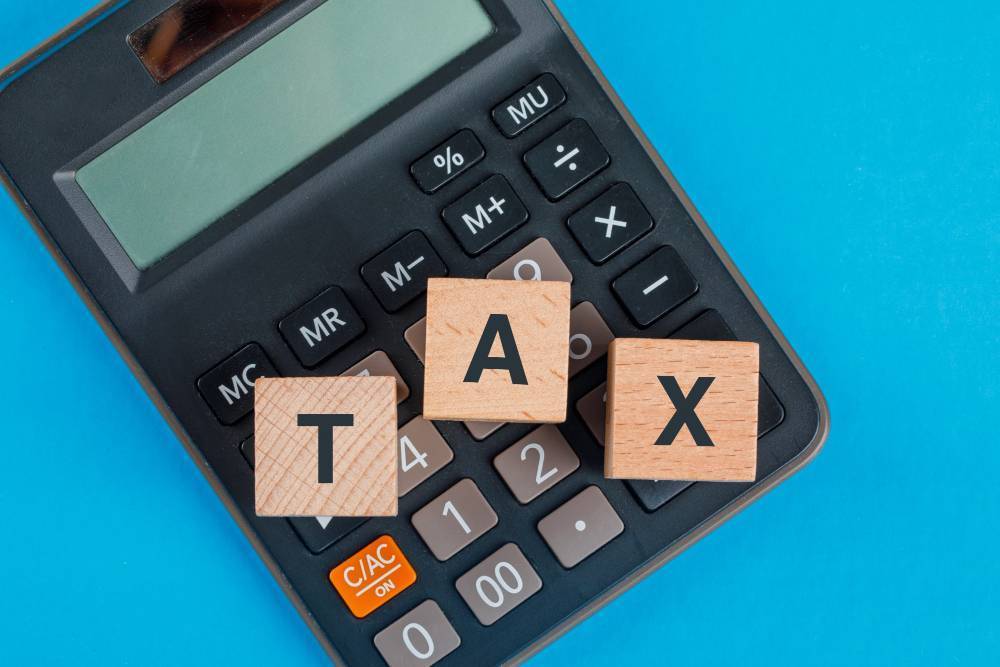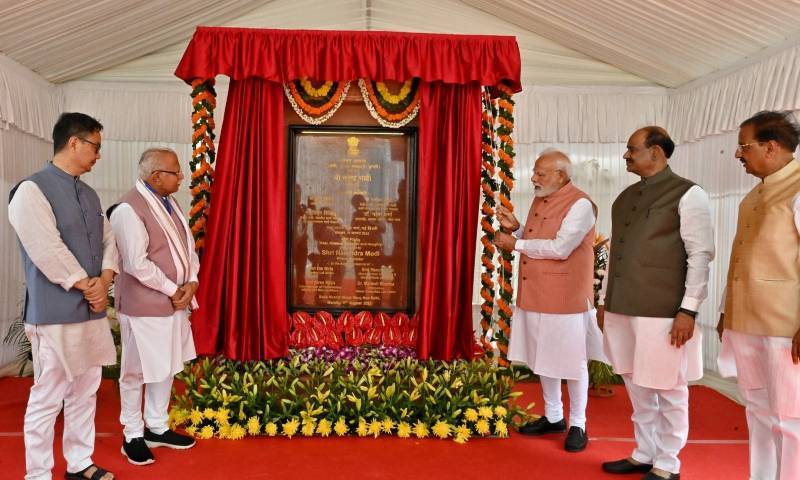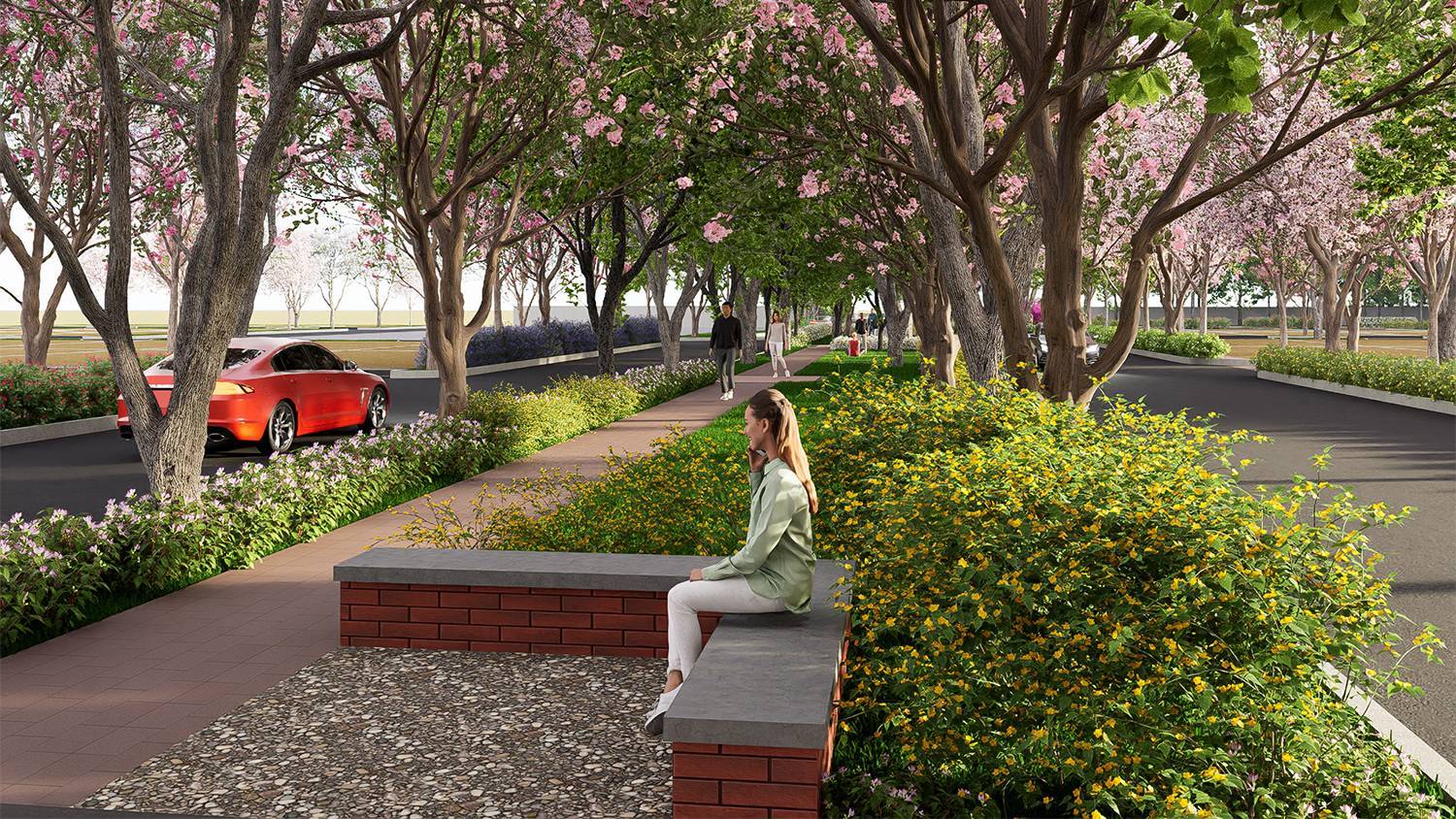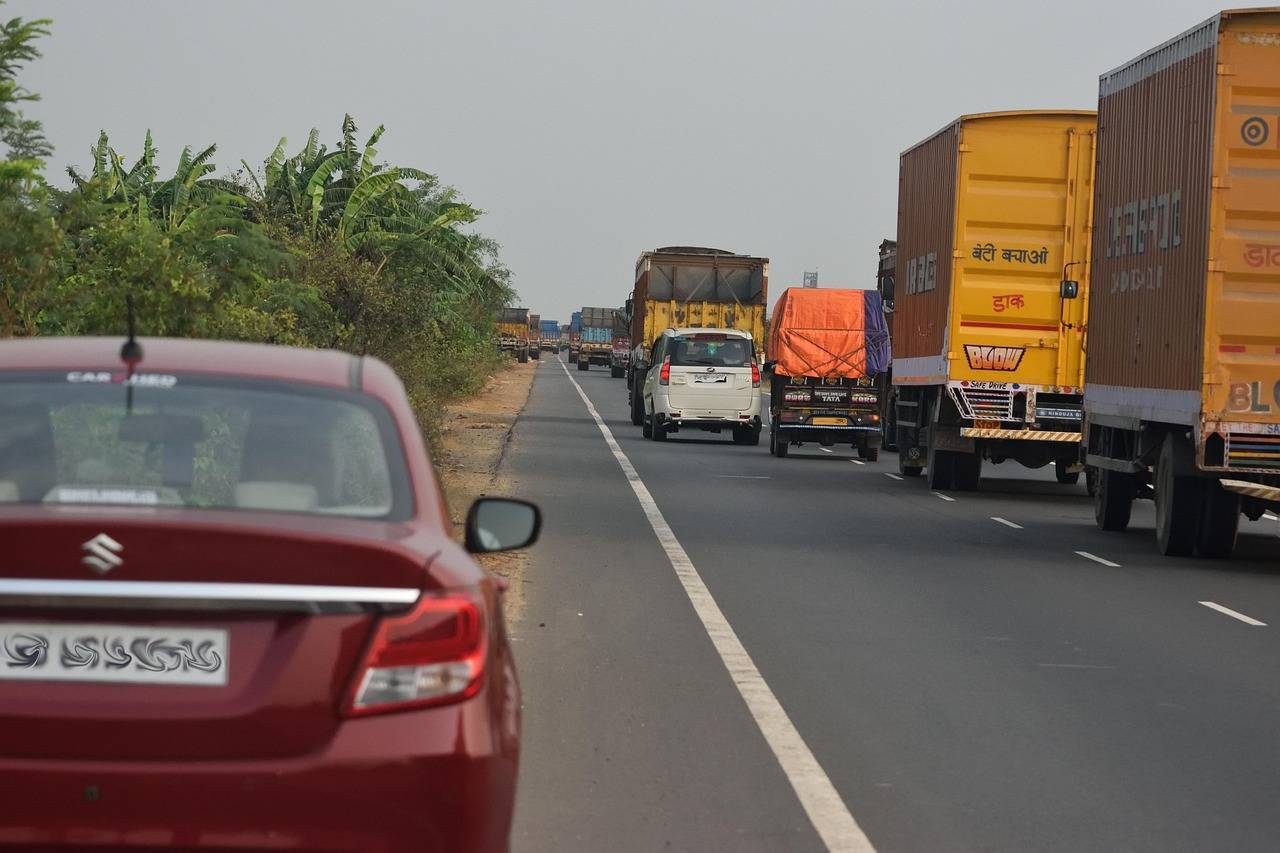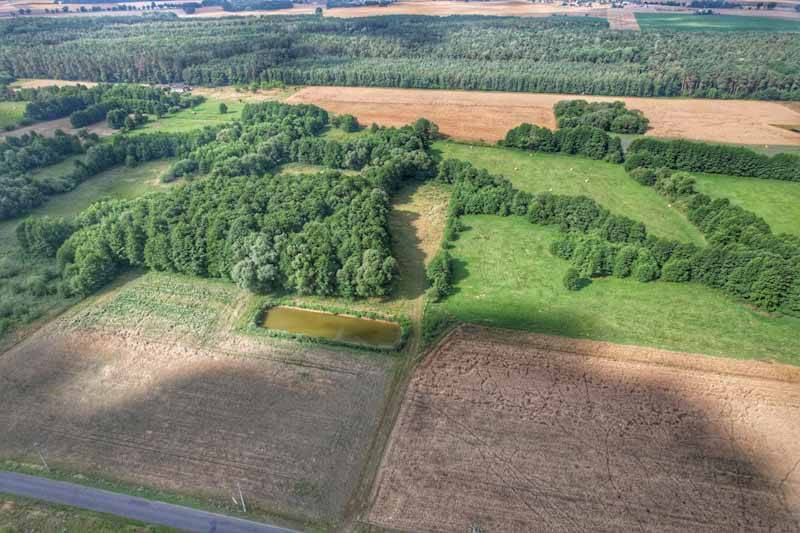Tesla, the American electric vehicle (EV) giant led by Elon Musk, has launched its second showroom in India with the opening of an 8,200 square feet experience centre at Worldmark 3, Aerocity, New Delhi. This marks Tesla’s first outlet in the National Capital Region (NCR) and comes just weeks after its debut showroom opened in Mumbai’s Bandra Kurla Complex (BKC), signalling a rapid expansion in the country’s burgeoning EV market.
Located in the Aerocity hospitality district near Indira Gandhi International Airport, the new showroom is leased from Oak Infrastructure Pvt Ltd for nine years. Documents accessed by CRE Matrix reveal Tesla pays a monthly rent of ₹17.22 lakh at a rate of ₹210 per square foot, with a security deposit of ₹1.03 crore. The lease includes 10 parking slots rented at ₹6,000 each per month. The sublease deed was registered on July 30, 2025, with tenancy to begin from March 15, 2025, and rent payments starting July 13, 2025. The agreement includes a three-year lock-in period, 15% rent escalation every three years, and common area maintenance (CAM) charges of ₹33.5 per square foot monthly, alongside a refundable CAM deposit of ₹16.48 lakh.
Tesla officially entered the Indian market on July 15, 2025, with its first showroom at Maker Maxity Mall, BKC, Mumbai. This 4,000 sq ft space in India’s costliest commercial district was leased for five years at ₹23.38 crore. The Mumbai showroom launched Tesla’s Model Y, priced starting at ₹59.89 lakh, targeting India’s growing urban elite who are becoming increasingly receptive to electric mobility solutions.
Beyond showrooms, Tesla is making strong moves to expand its footprint in India’s top metropolitan regions. The company has leased nearly 51,000 square feet of super built-up area at Orchid Business Park on Sohna Road, Gurugram, for nine years at a starting rent of ₹40.17 lakh per month, as per CRE Matrix data. This large space will accommodate Tesla’s growing operations, including service centres and administrative offices.
Tesla’s Regional Director for Southeast Asia, Isabel Fan, confirmed plans to extend the supercharging network across Delhi-NCR, Mumbai, and Bangalore, essential for accelerating EV adoption by alleviating charging infrastructure concerns. She announced upcoming supercharging stations in Gurugram, Noida, and Saket (South Delhi). In Mumbai, expansion will include stations at Lower Parel, Navi Mumbai, and Thane, supplementing the existing facility at Bandra Kurla Complex.
Fan further revealed Tesla’s roadmap to launch mobile service units, remote diagnostics, authorized service centres, and Tesla-approved collision repair centres in India soon. These developments are critical to establishing a reliable ownership experience, a key factor in winning customer trust in a nascent market like India.
Isabel Fan underscored that Delhi and Mumbai are Tesla’s priority markets in India due to their affluent population, better infrastructure, and faster EV adoption rates. She also noted Bangalore will be an important market for Tesla in the near future. The company is committed to realistic growth plans, avoiding overambitious promises by focusing on deliverable timelines.
Tesla’s entry is a landmark moment for India’s EV ecosystem, which has been growing steadily amid government incentives, improved battery technology, and rising fuel costs. With the Indian government pushing for increased EV penetration under its FAME (Faster Adoption and Manufacturing of Hybrid and Electric Vehicles) scheme and ambitious climate commitments, Tesla’s global brand and technology leadership provide it a strategic advantage.
The Model Y, Tesla’s first car introduced in India, combines long-range capabilities with advanced features like Autopilot, and is competitively priced against premium EV options from other automakers.
Tesla’s accelerated pace in securing prime locations for showrooms and service facilities demonstrates its seriousness in capturing the Indian market. With showrooms now open in Mumbai and Delhi, and large operations underway in Gurugram, Tesla is positioning itself to serve a growing urban clientele ready to transition to electric mobility.


